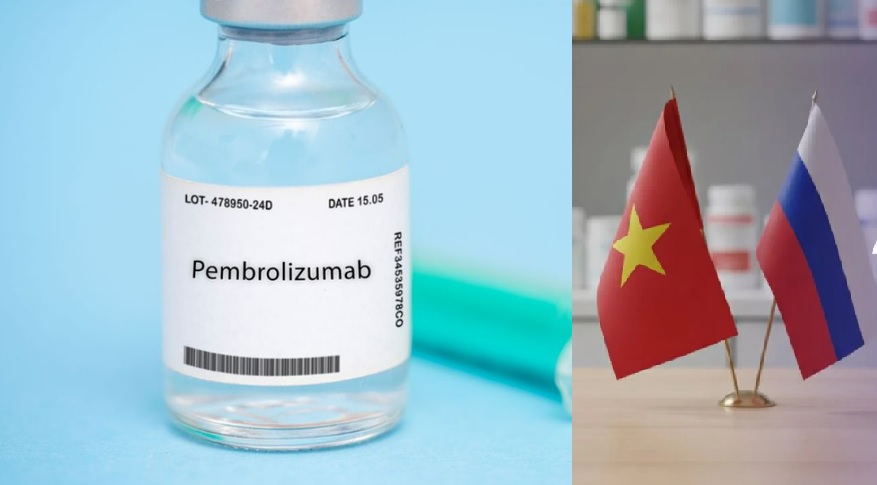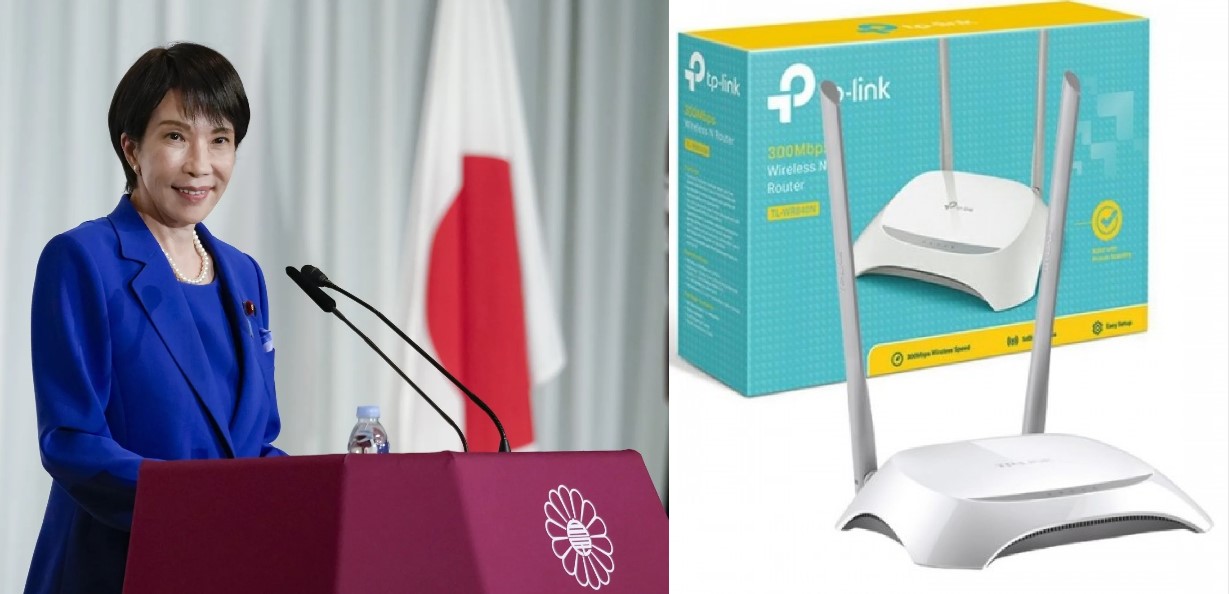Vietnam Approves Russian Anti-Cancer Drug for Nationwide Distribution

Hanoi – In a significant development for its oncology sector, Vietnam has officially approved the sale and circulation of a Russian-made anti-cancer drug, opening a new treatment avenue for thousands of patients battling life-threatening diseases.
Regulatory Approval and Product Details
On October 31, 2025, the Ministry of Health issued a special authorization allowing the distribution of Pembroria, a Russian formulation containing Pembrolizumab, one of the world’s most effective immunotherapy agents.
The drug, produced by Russia’s LLC PK-137 and imported through a UAE-based distributor, will be available in 100 mg/4 ml vials for intravenous infusion.
With a 24-month shelf life and approval valid for three years, Pembroria is indicated for more than 14 types of cancers, including lung cancer, melanoma, colorectal cancer, renal cell carcinoma, breast cancer, and cervical cancer.
Growing Cancer Burden in Vietnam
Vietnam is confronting a steep rise in cancer rates. In 2022, the country recorded about 180,480 new cancer cases and 120,184 deaths, with liver, lung, colorectal, and breast cancers dominating the statistics.
Although immunotherapy is increasingly recognized as a breakthrough treatment globally, high prices and limited insurance support have restricted access for many Vietnamese patients.
Pricing and Patient Access
The newly approved Russian drug is expected to retail at around VND 18 million (approximately USD 700–730) per vial.
Most treatment cycles require at least two vials, meaning many patients will still face a considerable financial burden, as the drug is not yet covered by Vietnam’s national health insurance.
Major hospitals, including K Hospital in Hanoi, are preparing to incorporate the drug into their clinical protocols. Regulators have also mandated quarterly reports from the manufacturer on safety, immunogenicity, and treatment efficacy, in addition to maintaining GMP compliance.
Medical Significance and Expert View
Experts view the approval as a pivotal step in expanding Vietnam’s access to advanced biologics.
According to medical oncologists, while Pembrolizumab is already famous through global brands like Keytruda, a Russian alternative could potentially lower costs and increase availability.
However, some specialists note that clinical transparency surrounding the Russian formulation still needs improvement. Vietnam’s regulators have stressed that post-market surveillance will be crucial to ensure safety and effectiveness.
Strategic Partnership with Russia
The approval also reflects deepening Vietnam–Russia healthcare cooperation. Earlier discussions between health ministers from both nations explored joint clinical trials, biotech development, and pharmaceutical collaboration, signaling broader mutual engagement in the medical field.
This authorization comes as Vietnam simultaneously approved 13 additional vaccines and biologics, signaling a broader national push to strengthen its biopharmaceutical landscape and reduce dependency on limited foreign suppliers.
Vietnam’s approval of the Russian anti-cancer drug Pembroria marks a major stride in expanding oncological treatment options.
While challenges remain—particularly around pricing, insurance coverage, and long-term data—the move brings renewed hope for cancer patients and showcases Vietnam’s commitment to securing advanced, life-saving therapies for its population.
✍️ This article is written by the team of The Defense News.





